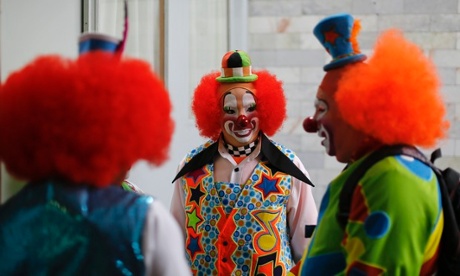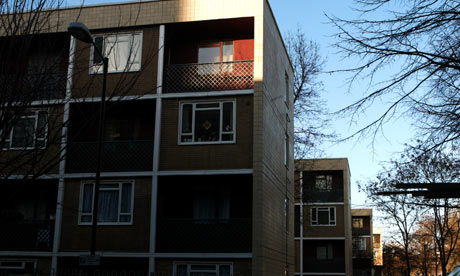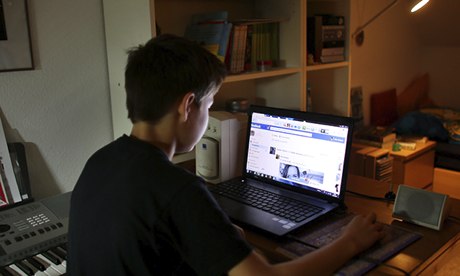Hundreds of children 'detained in police cells'
There were more than 300 child detentions in each of the last three years
Hundreds of children in England and Wales have been held under the Mental Health Act and locked in police cells because officers did not have anywhere else to take them, the BBC has learned.
There were 305 detentions of under-18s in the first 11 months of 2013, Radio 4's the World This Weekend found.
Some were detained for more than 24 hours, according to data released under Freedom of Information laws.
Health Minister Norman Lamb said the level of cell use was "unacceptable".
He insisted every area should have arrangements and agreements in place, and police cells should only be used in "very, very exceptional circumstances".
The practice of detaining children suspected of being mentally ill was first uncovered by the BBC in 2012.
Then, the data for 2011 showed there were 385 child detentions.
The latest information revealed that in 2012 there were 317 detentions.
'Shocking'
Some children were detained for long periods of time - including 17-year-olds held for more than 24 hours and 15-year-olds for between eight and 15 hours.
A 10-year-old in Gwent was taken to a cell as no bed was available.
Police have the power under the Mental Health Act to take people they suspect of being mentally disturbed and who could be a danger to themselves or others to a "place of safety" to be assessed by a doctor.
This detention may only last up to 72 hours.
Places of safety will usually mean a hospital, care home or any other suitable place but, in exceptional circumstances, it may also be a police station.
In the case of children, this could mean an adolescent psychiatric unit or a children's home.
Sarah Brennan, chief executive of charity Young Minds, described the situation as "really shocking".
"[Children and young people] need to have appropriate care in the appropriate setting and that should never be a police cell when they have mental health problems."
The fact children were still being held in cells two years after it was first reported was a "terrible indictment", she added.
Mr Lamb insisted it was possible to stop using police cells, saying some parts of the country needed to "step up" to the standards as those areas which do not use them, while proper coordination and collaboration of services was paramount.
"We need to have very clear standards of crisis mental health care," he told the BBC.
The Department of Health also said it was trialling two schemes to tackle the issue.
Under its "street triage" scheme, mental health nurses patrol with the police to identify people who need immediate mental health support.
An extra £25m had been made available for mental health workers to be based in police stations and courts, the department said.
'Got to change'
The Association of Chief Police Officers welcomed the move, but the association's spokesman on mental health said more needed to be done.
"We were in a position where there was every day at least one young person statistically taken to a police cell," said Chief Constable Simon Cole.
"We're now down to less than one person a day as an average. Has it changed quickly enough and significantly enough? No it hasn't, and I want that change to be quicker.
"I'm a father myself and the thought that either of my kids were ill and that they finished up in a police cell, I regard as abhorrent."
So-called places of safety were, in many parts of the country, not equipped to take on young people, he said, adding: "That's just got to change."
Lorraine Khan from the Centre for Mental Health said the figures were "hugely disappointing".
"The government is currently reviewing the code of practice for the Mental Health Act and should look at ways this could help to stop children being placed in police custody when they should be in a safe hospital environment."
Professor Sue Bailey of the Royal College of Psychiatrists welcomed the government's commitment to mental health but said the pace of change needed to quicken.





